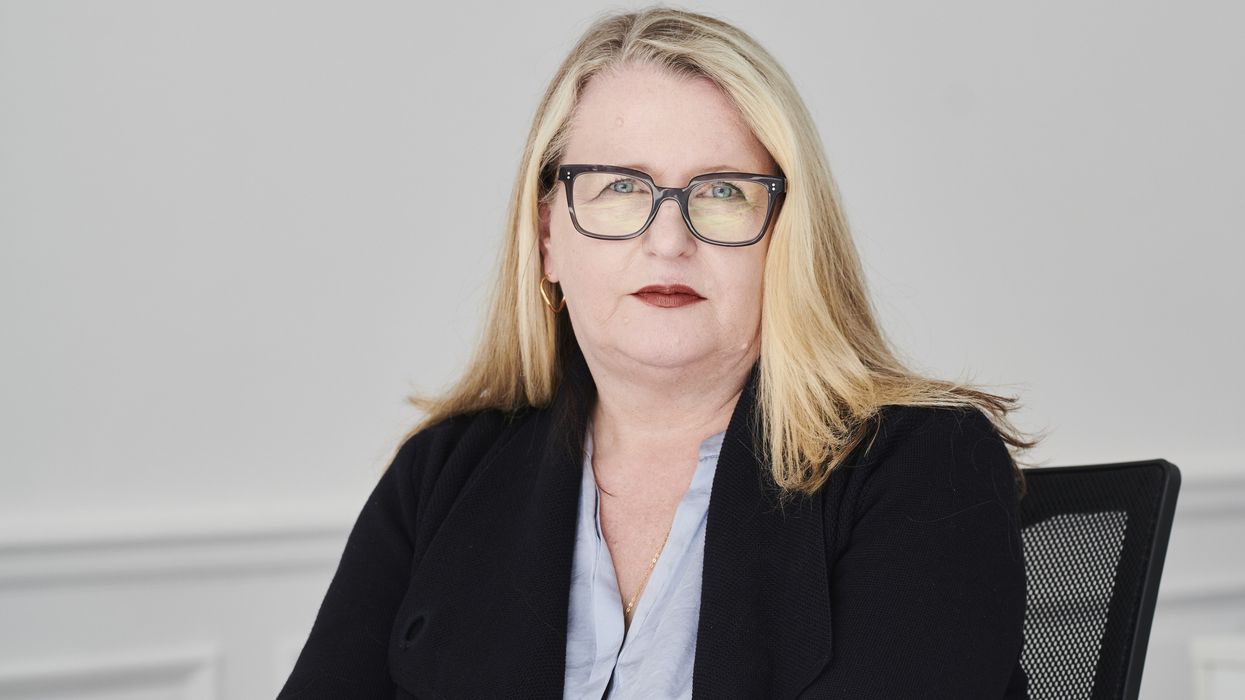The Community Pharmacy England publishes the summary of its April 2024 Committee Meeting
A full CPE Committee Meeting was organised in London on April 17 and 18, 2024, to discuss crucial sectoral issues.
Key topics discussed during the two-day meeting included intolerable pressures on pharmacy owners, the ongoing Community Pharmacy Contractual Framework (CPCF) negotiations, implementation of the Pharmacy First service, and governance changes.
Committee Members reviewed the progress of CPCF negotiations with the Department of Health and Social Care (DHSC) and NHS England. These critical negotiations are being led by the Negotiating Team (NT), which includes independent pharmacy owners and representatives of CCA and non-CCA multiples.
The CPE has been advocating for an uplift to the core global sum, margin write-offs, an agreed mechanism for regular funding increases linked to activity and inflation, annual uplifts to service fees, more fundamental reform of the margin delivery framework and an economic review of the medicines supply chain.
The Committee also discussed the results of the 2024 Pharmacy Pressures Survey, which was conducted during March and April.
The survey results “paint a picture of a community pharmacy sector in deep distress, with direct knock-on impacts for patients,” said the CPE, adding that the findings will be released in due course.
CPE Chief Executive Janet Morrison said: “This was another important meeting for the Community Pharmacy England Committee, with all members very sharply focused on the desperate state of the sector.
“As business owners themselves, the distressing findings of this year’s Pressures Survey came as no surprise, and all attention in the room was centred on how to find solutions and assure the sustainability of community pharmacies for this year and beyond.”
Commenting on the ongoing CPCF negotiations, she said that the Negotiating Team is working hard to get the best deal on the table.
“We have also been working to prepare to make pharmacy’s case ahead of the Spending Review expected shortly after the upcoming General Election. This is alongside influencing work to build support for investment in pharmacy across all political parties and candidates.”
Morrison also revealed plans to roll out a Pharmacy Advice Audit in the upcoming months to assess the broader impact of the Pharmacy First service in attracting individuals to pharmacies.
“The efforts of all pharmacy teams to implement Pharmacy First have been phenomenal, and it was good to hear that the service is already having a positive impact for patients, with pharmacists also enjoying being able to offer the service,” she noted.
Nevertheless, she acknowledged the persisting challenges and affirmed their commitment to influence the DHSC and NHS England to tackle these issues and raise awareness of this strategically vital service.
LPC leaders from the South East region attended part of the meeting and shared feedback from local pharmacy owners.
Marc Donovan, a Community Pharmacy England Member and Chair of the Community Pharmacy Workforce Development Group (CPWDG), gave an update to the Committee on workforce issues and the actions the group is taking to address them.













